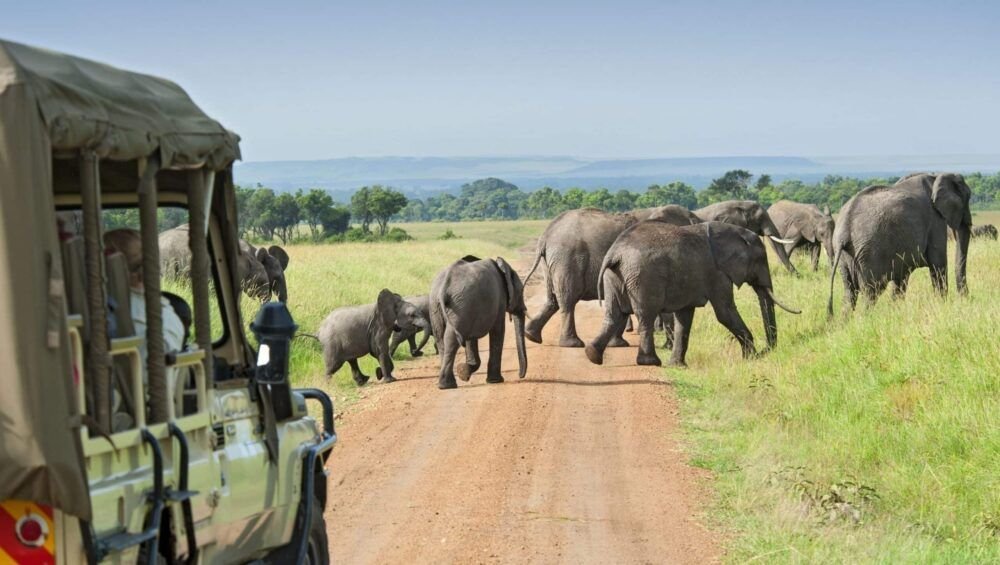Understanding the Landscape of LGBTQ Travel in Africa
Africa is a continent rich in diversity, with various cultures, languages, and traditions. The legal and societal landscapes regarding LGBTQ rights also significantly vary across African nations, with some being more progressive and others holding conservative views that can affect the safety and comfort of LGBTQ travelers. Knowing the nuances and doing thorough research is crucial when planning a trip to ensure a positive and safe experience.
FAQs for LGBTQ Travelers Heading to Africa
What African countries are LGBTQ-friendly?
There are a few countries in Africa known for being more progressive regarding LGBTQ rights. South Africa, in particular, stands out as it has enshrined LGBTQ rights in its constitution and recognizes same-sex marriage. Other countries such as Cape Verde, Seychelles, and Mauritius have also been noted for their relatively tolerant attitudes.
Are there specific regions or cities that are more LGBTQ-accepting?
Yes, usually, larger cities and tourist hubs tend to be more cosmopolitan and accepting. For instance, Cape Town in South Africa has a vibrant LGBTQ community and hosts various events like the Cape Town Pride Festival. However, even within generally progressive countries, attitudes can vary between urban and rural areas.
Should I refrain from public displays of affection?
In most African countries, it is advisable to be cautious with public displays of affection (PDA), regardless of sexual orientation. For LGBTQ travelers, being discreet is especially recommended in conservative regions where PDA can attract unwanted attention or even legal ramifications.
How can I find LGBTQ-friendly accommodations?
Research is key. Online resources and travel forums can provide recommendations for LGBTQ-friendly accommodations. Booking platforms often have LGBTQ-friendly filters and in-country LGBTQ organizations may offer advice or listings of welcoming establishments.
Can I use dating apps safely?
While dating apps can be a way to meet new people, they come with safety concerns, especially in regions where being LGBTQ is criminalized. There is a risk of entrapment by law enforcement or criminals, so caution is paramount. Always meet in public places and trust your instincts.
Safety Guidelines for LGBTQ Travel in Africa
Know the Laws
Before you travel, familiarize yourself with the local laws regarding LGBTQ rights and social norms. In some countries, same-sex relations are illegal and can carry severe penalties. Knowledge is power and can help prevent legal issues.
Connect with the Local LGBTQ Community
Reaching out to local LGBTQ groups or activist organizations can provide support and updated information on the current situation in the destination. They can offer advice on safe neighborhoods, events, or supportive businesses.
Use Privacy Controls on Social Medi
Consider adjusting privacy settings on social media if you’re sharing your travel experiences online. Being less visible may reduce the risk of being targeted for your sexual orientation or gender identity.
Travel in Groups or with a Trusted Guide
There is often safety in numbers. LGBTQ travelers can benefit from traveling together or joining group tours, especially in more conservative areas. Additionally, hiring a local guide who understands the local context and can provide valuable insights can be a good investment.
Register with Your Embassy
Letting your embassy know about your travel plans can be advantageous, especially if you find yourself in need of assistance while abroad. Keep important contact information at hand in case of emergencies.
Have an Exit Strategy
It’s prudent to have a backup plan. Know-how and where you can get help if you encounter any problems. Identify resources such as friendly embassies, trusted local contacts, or international organizations that can offer assistance.
Respect Local Culture and Customs
Being culturally sensitive and respectful can significantly impact how you are received by locals. Dressing modestly and behaving in culturally appropriate ways can help avoid negative attention.
Secure Comprehensive Travel Insurance
Ensure that your travel insurance covers medical needs, trip cancellations, and other unforeseen circumstances. Some policies are more LGBTQ-friendly, providing coverage tailored to specific concerns, such as access to LGBTQ-friendly medical services.
LGBTQ travel in Africa requires thorough planning and continuous awareness of one’s surroundings. By staying informed, respecting local laws and customs, and prioritizing safety, LGBTQ travelers can experience the rich cultures and incredible landscapes this continent has to offer.





